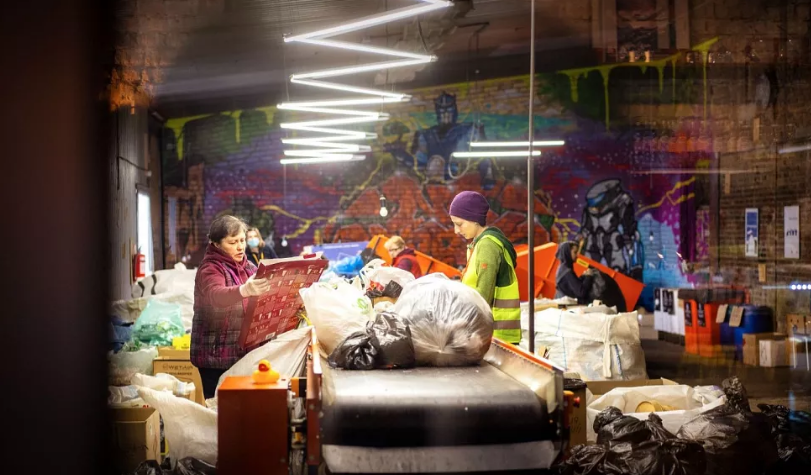A grassroots movement to democratize plastic recycling is gaining traction globally, with over 1,400 tonnes of plastic recycled last year by members of the Precious Plastic community. The initiative, which began in 2014 with a free online blueprint for a plastic recycling machine, is now a worldwide network of more than 2,000 local projects operating in 56 countries.
Founded by Dutch designer Dave Hakkens while still a student at the Eindhoven Design Academy, Precious Plastic was built on the principle of open-source accessibility. The project offers free designs, tutorials, and business tools, enabling individuals and communities to build small-scale recycling operations with locally available materials.
“From the start, the idea was to lower the technological barrier and empower communities to recycle plastic on their own terms,” said Jerry de Voos, an industrial designer who joined the project in 2017. He noted that the initiative has gone through four major design iterations, shaped by feedback and experimentation from users around the world.
The project’s emphasis on local action is proving especially effective in regions where traditional recycling infrastructure is limited or non-existent. Despite global awareness campaigns and government pledges, only about 9% of plastic is currently recycled worldwide, with the rest ending up in landfills, oceans, or incinerators. The environmental toll is severe: studies project that by 2050, nearly all seabirds will have ingested plastic. More recently, a 2025 Italian study found microplastics in human ovarian tissue, raising new public health concerns.
While large-scale recycling efforts often struggle due to high costs and weak investor confidence, Precious Plastic’s decentralized model offers a lower-cost, community-driven alternative. Startups using the platform’s tools are making tangible progress. In Singapore, Plastify partners with hospitals to repurpose medical packaging into souvenirs for the Formula One Grand Prix. In Italy, Turin-based Plastiz transforms discarded traffic lights and coffee pods into architectural panels. In war-torn Ukraine, No Waste Ukraine is using recycled plastic to produce furniture and other goods, helping to normalize recycling in a country where it was once stigmatized.
“Precious Plastic has enabled a new wave of entrepreneurs and activists to turn waste into opportunity,” said de Voos. “Our goal was always to increase recycling, and now we’re seeing real, global momentum.”
As plastic pollution remains one of the planet’s most urgent environmental issues, open-source solutions like Precious Plastic may be key to creating scalable, local responses to a global crisis.



 Entertainment1 year ago
Entertainment1 year ago
 Business2 years ago
Business2 years ago
 Business2 years ago
Business2 years ago
 Home Improvement1 year ago
Home Improvement1 year ago
 Politics2 years ago
Politics2 years ago
 Business2 years ago
Business2 years ago
 Sports1 year ago
Sports1 year ago
 Business2 years ago
Business2 years ago


















